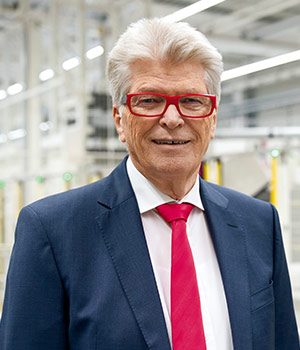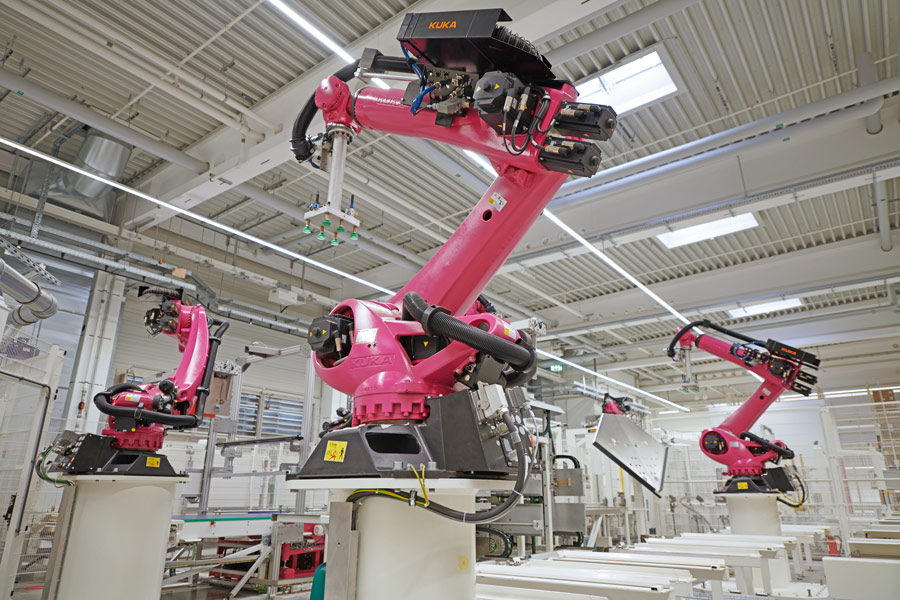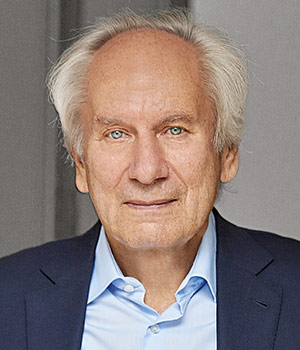Has industry ever been under so much pressure on so many different fronts? Climate protection and sustainability, the pandemic and the collapse of supply chains, the war in Ukraine and the energy crisis, and widespread geopolitical realignment are just the primary examples. Virtually nothing has remained unaffected. Without being cynical, this also has an upside in addition to all the downsides. It forces companies to make changes they were previously not yet willing to consider.
The magazine of Friedhelm Loh Group
The magazine of Friedhelm Loh Group


